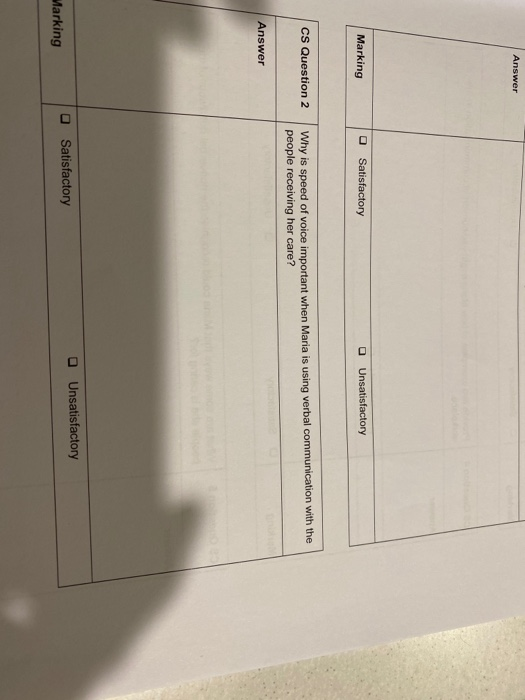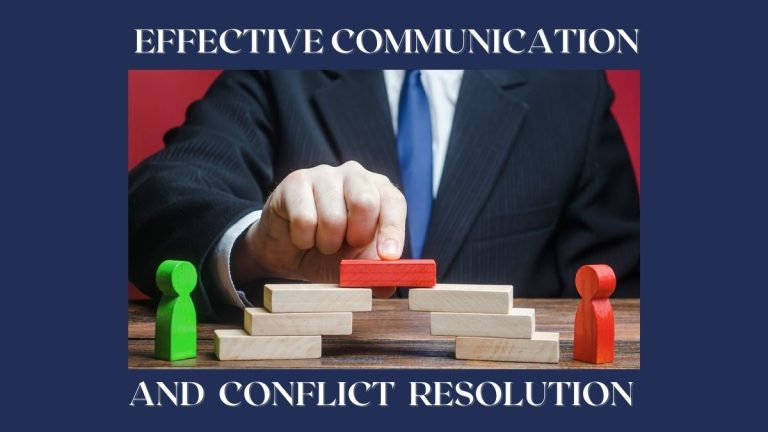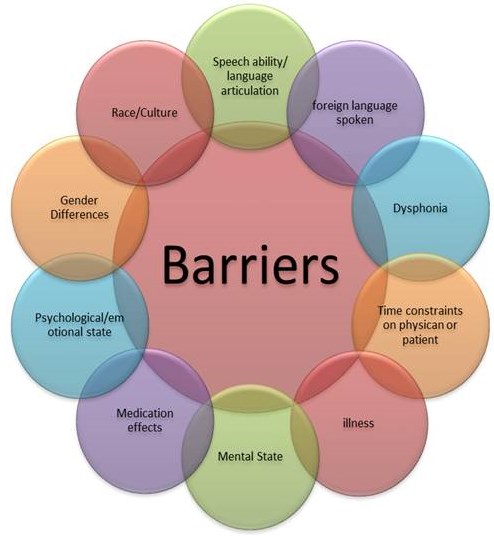Why is Speed of Voice Important in Verbal Communication
The speed of voice in verbal communication affects message clarity and listener engagement. Adjusting the pace enhances understanding and retention.
In verbal communication, the speed of voice plays a crucial role in effectively conveying messages. Whether speaking too fast or too slow, the pace impacts how well the listener comprehends the information. Understanding why the speed of voice matters can help individuals communicate more clearly and persuasively.
This article explores the importance of voice speed in verbal communication and provides insights on how to optimize it for better interaction and connection in various contexts. Let’s delve deeper into the significance of controlling the speed of voice in communication.

Credit: zipdo.co
Importance Of Speed Of Voice
The speed of voice plays a crucial role in verbal communication, influencing how information is received, interpreted, and understood. Understanding the importance of speed of voice can greatly enhance our ability to communicate effectively. Let’s delve into the significance of the speed of voice in verbal communication, exploring its impact on clarity and emotional expression.
Impact On Clarity
The speed of voice directly affects the clarity of communication. Speaking too quickly can result in words being jumbled and information becoming muddled, making it challenging for the listener to follow. On the other hand, speaking too slowly can lead to disengagement and boredom. It is essential to find a balanced pace that ensures clear articulation and facilitates a smooth flow of information, allowing the listener to grasp the message effectively.
Emotional Expression
The speed of voice is instrumental in conveying emotions and attitudes during verbal communication. A rapid pace can convey excitement, enthusiasm, or urgency, while slower delivery can express seriousness, thoughtfulness, or contemplation. Adapting the speed of voice to match the emotional context of the message enhances the empathetic connection with the listener, effectively communicating the intended feelings and sentiments.
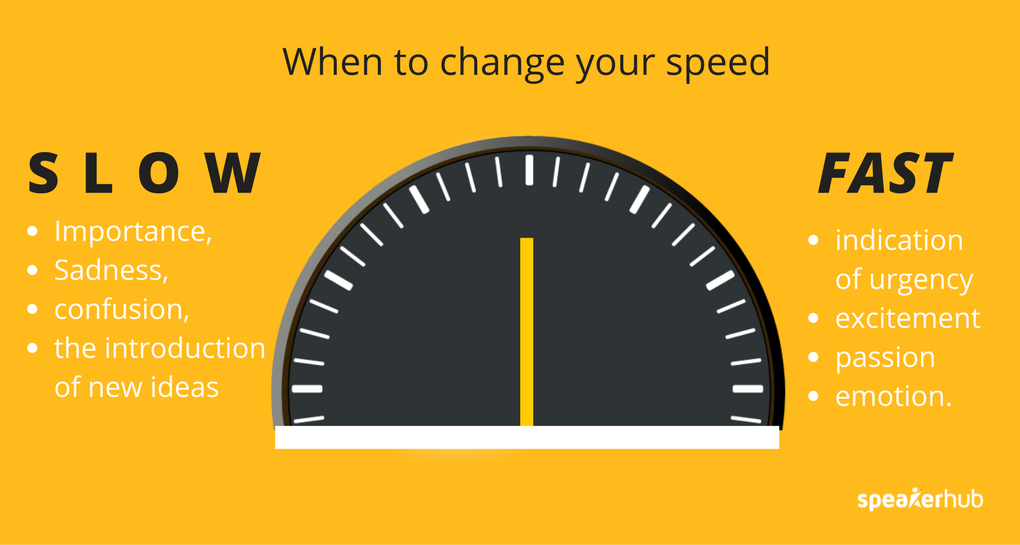
Credit: speakerhubhq.medium.com
Factors Affecting Speed Of Voice
The speed of voice in verbal communication plays a crucial role, affecting factors such as clarity, comprehension, and engagement. Speaking too fast or too slow can hinder effective communication, highlighting the importance of finding the right pace to convey thoughts and ideas accurately.
Factors Affecting Speed of Voice When it comes to verbal communication, the speed of one’s voice plays a vital role in delivering an effective message. It can determine whether the listener retains the information or gets overwhelmed by an influx of words. Understanding the factors that influence the speed of one’s voice is essential to improve communication skills and connect with others effectively. Let us explore some of these factors, including cultural influences and psychological factors. H3: Cultural Influence Cultural norms and values greatly impact the speed at which individuals speak. Different cultures have distinct communication styles and preferences. For instance, some cultures prioritize concise and direct communication, while others value more elaborate and expressive language. These cultural influences shape the tempo and rhythm of spoken words, encouraging faster or slower speech rates. Therefore, considering the cultural background of both the speaker and the listener is crucial for effective communication. H3: Psychological Factors Psychological factors also contribute to the speed at which an individual speaks. Personal traits like self-confidence, anxiety, and self-awareness all impact speech rate. Confident speakers tend to speak at a faster pace with clear enunciation, while those experiencing anxiety may speak quickly, often in a rush to finish their sentences. Moreover, individuals’ knowledge of the subject matter they are discussing can influence their speed of speech. When presenting complex or unfamiliar information, speakers may slow down to ensure comprehension. Understanding these factors that affect the speed of voice in verbal communication ensures better communication outcomes. Being mindful of cultural influences and psychological factors allows individuals to adapt their speech rate to match the needs and expectations of their listeners, promoting effective, meaningful communication. So, whether you are engaging in a business meeting, presenting your ideas, or simply having a conversation, considering the innumerable factors that influence your speed of voice can greatly enhance your overall communication skills.Effective Use Of Speed Of Voice
Understanding the importance of the speed of voice in verbal communication is vital to effectively convey messages. Speed of voice plays a significant role in influencing how information is received and perceived by listeners.
Emphasis And Intensity
- Rapid speech can signify excitement or urgency.
- Slowing down can emphasize important points.
- Variable speed can enhance the overall impact.
Engagement And Attention
- Fast pace can maintain listener engagement.
- Changing the speed can capture attention.
- Monotonous speed may lead to disinterest.
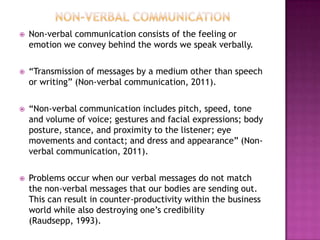
Credit: pt.slideshare.net
Challenges In Managing Speed Of Voice
When it comes to verbal communication, the speed of voice plays a significant role in conveying your message effectively. However, managing the speed of voice poses several challenges that can hinder the clarity and impact of your communication.
Overcoming Nervousness
Public speaking can often lead to nervousness, causing individuals to either speak too quickly or too slowly. To overcome nervousness and maintain an optimal speed of voice, practice deep breathing techniques and visualize a positive outcome before speaking.
Avoiding Monotony
Speaking at a consistent pace without variations can lead to monotonous communication, resulting in disengagement from the audience. To avoid monotony, vary the speed of your voice to emphasize key points and maintain the audience’s interest.
Practical Techniques To Improve Speed Of Voice
If you want to be a more effective communicator, improving your speed of voice can significantly enhance your verbal communication. Here are some practical techniques to help you achieve a better pace and rhythm in your speech.
Breathing Exercises
Proper breathing is crucial for controlling the speed of your voice. Incorporate these breathing exercises to improve your pace and delivery:
- Belly breathing: Place your hand on your abdomen and take deep breaths, ensuring your stomach expands with each inhale.
- Diaphragmatic breathing: Lie down and place a book on your stomach. Inhale deeply and make the book rise, then exhale slowly to lower it.
Voice Modulation Techniques
Enhancing your voice modulation can help in controlling the speed of your speech. Practice these techniques for better modulation:
- Pitch variation: Experiment with raising and lowering your pitch while speaking to add interest and emphasis.
- Volume control: Learn to adjust your volume to highlight important points and maintain listener engagement.
Frequently Asked Questions On Why Is Speed Of Voice Important In Verbal Communication
Why Is Speaking Speed Important?
Speaking speed is important for clarity and engagement. A moderate pace enhances understanding and keeps listeners interested.
Why Is Rate Of Speech Important For Verbal Communication?
Rate of speech is important for verbal communication as it affects clarity and understanding. Speaking too fast can lead to confusion, while speaking too slowly may cause disengagement. The right pace helps convey messages effectively and maintain audience interest.
Why Pronunciation And Speed When Verbally Communicating With A Client Is Important?
Clear pronunciation and proper speed in verbal communication with clients is crucial. It ensures understanding and minimizes misunderstandings. It helps build trust, maintain professionalism, and fosters effective communication.
How Does Pace Of Speech Affect Communication?
The pace of speech affects communication by influencing clarity and comprehension. Speaking too quickly can lead to misunderstandings, while speaking too slowly can lose the listener’s attention. Finding the right pace helps convey the message effectively and promotes better understanding in conversations.
Conclusion
In a world where effective communication is key, the speed of our voice plays a crucial role. The tempo at which we speak influences how well we convey our message and connect with others. It affects the clarity, engagement, and overall impact of our verbal communication.
By understanding the importance of speed of voice, we can improve our interactions, build stronger relationships, and ultimately enhance our communication skills. So, remember to pace yourself, be aware of your speed, and adapt accordingly to effectively communicate with others.
